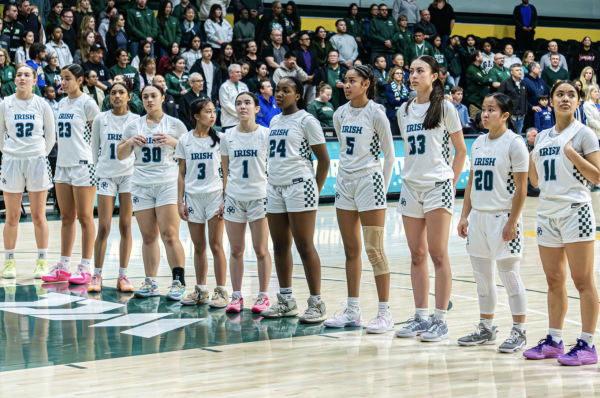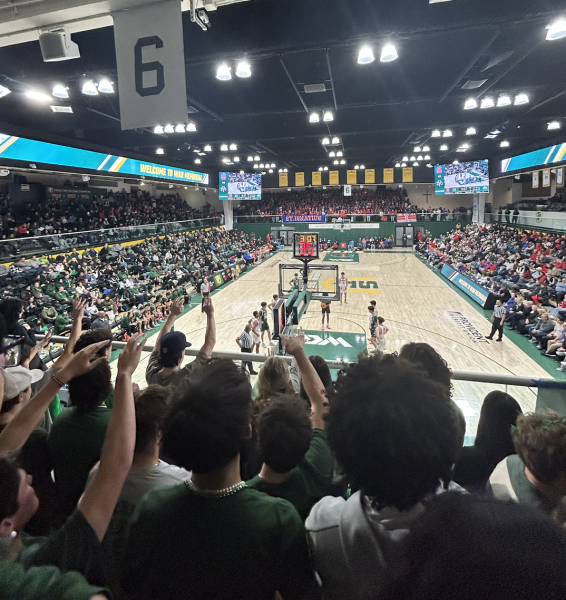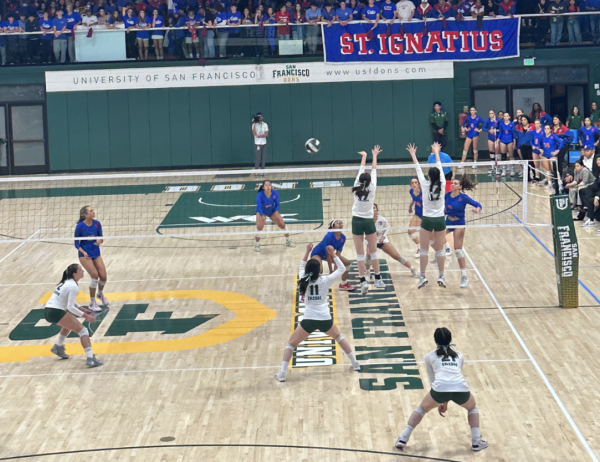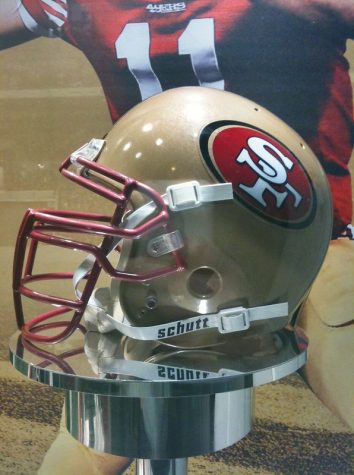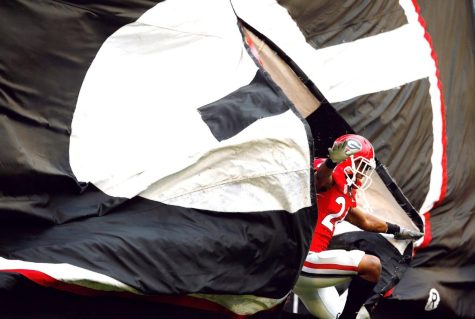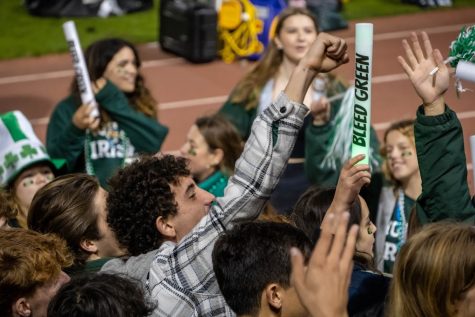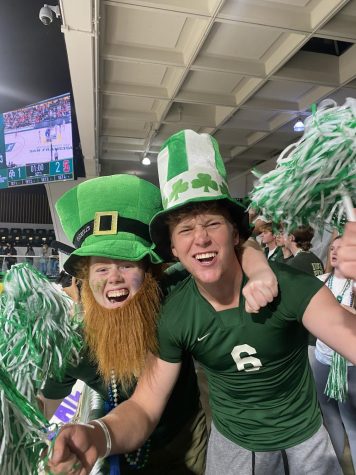Junk Food and Athletes
As a dancer, I am always hungry at any given time. Obviously, Sacred Heart Cathedral is the home to many athletes, many of which I’m sure share my constant need and desire for food. However, many of us (including myself) don’t always eat the right things for our bodies. Whether you’re a soccer star, a basketball player, a wrestler, or on any of the other sports teams, we all know that it’s hard to stay full. We often curb our appetites by eating things that we probably shouldn’t, and what we are eating is a major factor in our ability to perform.
Before or after a game in San Jose, it’s much easier to pull over at In-N-Out and grab some quick calories. It kills the hunger, and its fast and easy. But, this really isn’t the right way to deal with being hungry before or after exercise. In fact, by filling your body with fat your muscles are left unfueled, and you’re most likely hungry again shortly after eating. Junk food plays a huge part in our society, and it effects us in a number of ways. It’s easy to just eat three Big Macs, but it’s not good for your body. Additionally, it’s not good for your sports.
So how much does junk food effect an athlete? I asked my friend, and SHC varsity soccer player, Ellie Zavala. “I don’t eat junk food before a game because it’s already bad for you and eating it right before a game seems gross to me. If I eat it before playing it makes me feel sick so then I don’t play as well.” She also mentioned that while she doesn’t eat junk food, some of her teammates do and she notices a difference in their playing. Ellie is an example of a person with a healthy diet, and I guess it pays off as she made varsity as a sophomore.
In an interview from The New York Times one of the dieticians for the United States Olympic committee said “ ‘Sports nutrition is now a competitive advantage. If you’re eating correctly and you’re ingesting the correct nutrients, there are clear performance benefits.’ ” The article also states that an athletic 15 year old needs five to seven cups of fruits and vegetables daily depending on gender, and size. Let’s be honest, most of us are not eating five cups of fruits and vegetables, let alone seven.
A person’s body is like a car, if you put the wrong type of gas in the car it’s not going to work out well. However, if you put healthy carbs in your body, (and lots of them for an athlete) then it will pay off. By eating things like whole grains, fruits, and vegetables you can get your calories and play well. In an article from Current Health Teens, Mackenzie Lobby wrote, “A peanut butter and jelly sandwich or chicken breast with veggies are both great options after a workout.” Just think, making peanut butter and jellies take seconds, and if you packed several it could improve your playing.
Post exercise drinks such as chocolate milk are also really good for you. I’m sure many of us have heard from Coach Peuse how good chocolate milk is for you. He’s right too, chocolate milk contains a lot of nutrients such as carbs, proteins, vitamins, and minerals. All things that are essential after working out. Water is also ridiculously important. Up to a half hour before a game an athlete should drink about 12-16 ounces of water. You should also be sipping water during your game. After a workout an athlete should drink about 20 ounces of water for every pound of sweat they lose.
Obviously, it’s hard to remember to pack food and it’s way easier to just go to a fast food place. But, if you are smart with the foods that you allow into your body, then it will pay off. However, making a few changes in your diet can vastly change your body. Eventually, it will even improve your performance while playing and exercising. Most importantly, it will make a better, healthier, and happier you.

